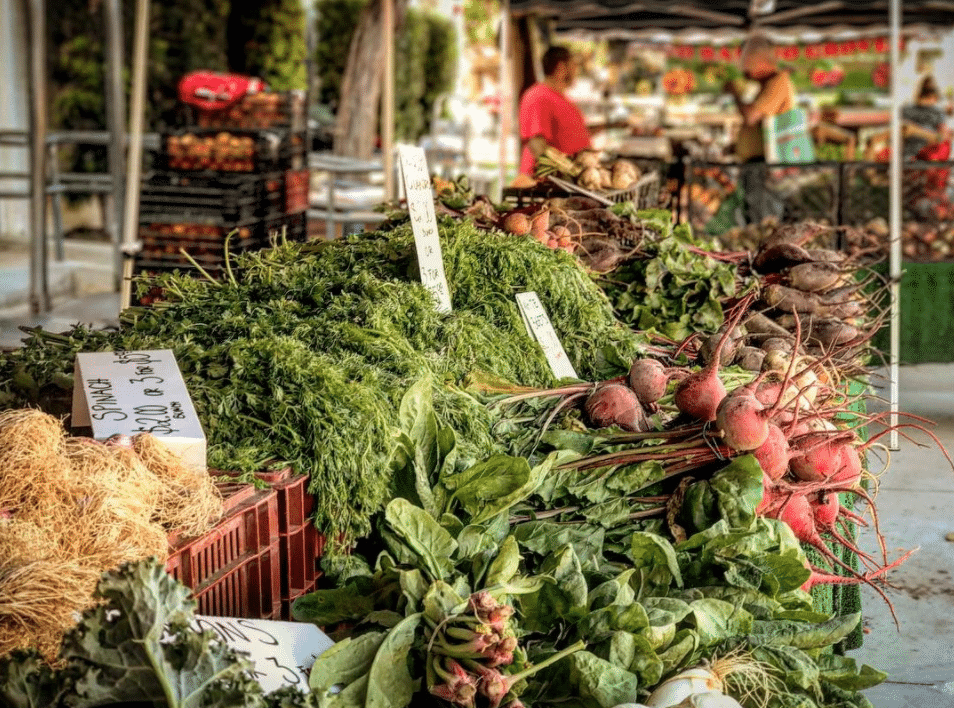Before a fire forced them to find a new space, the kitchen at Bebot on Fourth Street was booming. Creating hundreds of meals every week for the Filipino community, Chefs AC Boral and Janice Dig Cabaysa believed that maybe—just maybe—they had figured out how to work within the confines of COVID-19’s massive restrictions.
And then there was no rice, as in they literally could not find rice, be it from a distributor or a grocery store or an auntie’s secret cabinet.
“Every time we ordered, it was nowhere to be found,” Cabaysa said. “We tried ordering through our vendors and they were completely on backorder. When searching at the Asian markets—Island Pacific, Ranch 99, even the bodegas and markets owned by Cambodian families—all the pallets of rice were gone. Just empty pallets.”
Bebot’s story is not unique.
“I don’t fault any of our suppliers, they’re dealing with it just like we are,” said Bobby Hernandez, owner of Recreational Coffee in Downtown Long Beach. “But we definitely have issues with the delivery of ingredients because of a staffing shortage from just about all of our suppliers. All our suppliers are short on employees since COVID-19 hit and have moved their deliveries from two times a week to just once a week, which creates issues for us because of our lack of ability to hold a week’s worth of groceries in our fridges due to a lack of space. It’s definitely the trickle-down effect that stems from employment issues from the supply chain.”

The result is Hernandez having to send staff on random grocery trips because available product is in continual flux, and that adversely affects consistency because sometimes business owners can’t find the particular product they need until another, sometimes delayed, delivery comes.
“We’re having to reinvent products weekly based on the availability,” Hernandez said. “Tasting certain milks to make sure they’re comparable. Breads that are comparable to our normal brioche we use. Just one of the many strains this year from COVID-19.”
Chef Philip Pretty of the recently opened Heritage goes early to farmers markets for produce these days because farmers are showing up with less product all the time. If he gets their too late, it may mean he has nothing to cook that evening.
Ryan Hughes of The 4th Horseman had to run to Whole Foods to buy quinoa flour for their gluten-free crust because a vendor was entirely out.
“Most of the companies furloughed a lot of their employees,” said George Mlouk, owner of Nico’s in Naples. “The huge distributors like Southern Wine and Spirits or Young’s Market, those purveyors we work with either minimized their delivery dates to two or three days or furloughed their entire workforce. And some distributors like Ingardia haven’t received any loans to help them out. It’s been a nightmare.”

And it’s not just ingredients: to-go containers, disposable utensils, cleaning supplies…
“Battling state mandates, supply chain breakdowns and skyrocketing prices for things like protein,” said Luis Navarro of the Navarro Hospitality Group. “It’s a recipe for disaster for the entire restaurant industry.”

